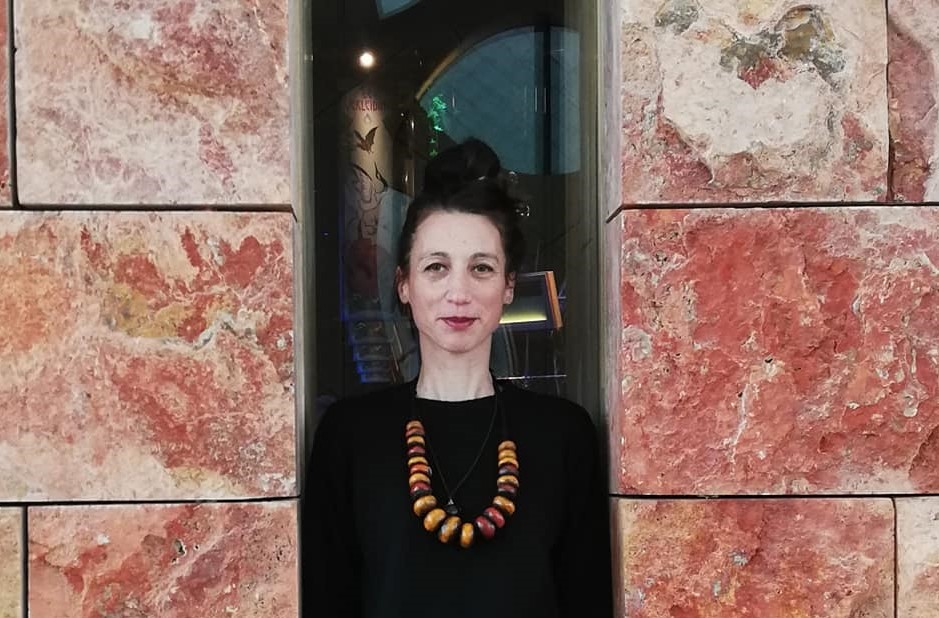Jasmina Campochiaro has seen the amount of waste that is created. In her new role as lecturer at TU Delft, she hopes to inspire students to do better and change the future.
(Photo: Jasmina Campochiaro)
“I started teaching at the Faculty of Architecture and Built Environment in September and I’m a teacher of experience. I’m in charge of building technology, so I support students in integrating building technology in their architectural projects. The topic that I need to focus on this semester is ‘material cycles’. I especially like it because it falls into the field of holistic architecture, which I have been studying and practicing for over a decade.
This is where the construction industry is failing, it’s breaking the natural cycle. Circularity is the western and current way to re-establish these natural cycles, closing the loops and reducing waste in landfills. Circular economy is a way to take charge and share responsibilities. Everyone can do something in their own field of expertise.
Because of the Covid-19 limitations, I am preparing course materials and send them online to the students. With 60 students and 10 tutors we meet online every Friday morning to discuss the urban framework. I have to cover all of the technological parts of the basics: foundations, structure, fire safety, MEP (mechanical, electrical & plumbing). Then with these basics, I include information about material cycles and circularity.
I like the dynamics and interaction with students. I like being confronted with them because students are bold, sometimes arrogant, and without even knowing it they throw challenges at me and I like that. It is a stimulating environment.
‘In construction, you are faced with the reality of the amount of waste that is created’
For the last five years I have been working for a general contractor. During this time, I’ve witnessed so much waste that I felt conflicted professionally and ethically. In construction, you are faced with the reality of the amount of waste that is created. It’s unbelievable. Every time I work at a construction site, I try to optimise waste and containers, but it’s always just my own initiative.
The economy sometimes goes far too fast to have time to integrate circularity and/or make stakeholders aware of the need to make some change. On a medium sized project, for example, you are talking about 30 cubic metres of plastic. That is really a lot.
I’m happy being at TU Delft because at least with regards to this conflict we will try to pass a better message to the next generation. I can try to support students in being aware of this problem and maybe they will be better and stronger in solving it.”
Who are the people who work and study on campus? We meet them in Humans of TU Delft. Want to be featured in this series? Or do you know someone with a good story to tell? Send us an e-mail at humansoftudelft@gmail.com
Heather Montague / Freelance writer



Comments are closed.